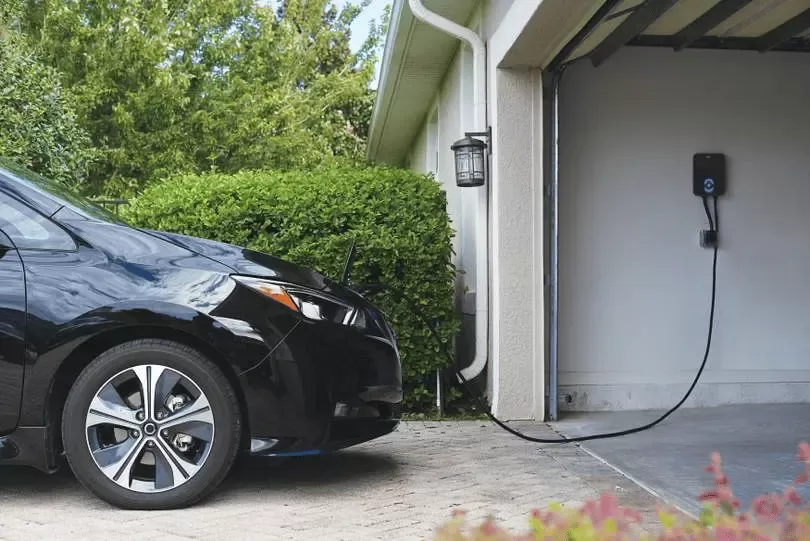Notifications

6 minutes, 1 second
-161 Views 0 Comments 0 Likes 0 Reviews

Do EV Chargers Need Surge Protection? Absolutely—Here’s Why.
As electric vehicles (EVs) continue to rise in popularity, the need for reliable and safe EV charging infrastructure is more critical than ever. One often overlooked, yet essential, aspect of China EV charger safety is surge protection. Electrical surges—whether from lightning strikes, grid instability, or large appliances—can cause severe damage to EV charging systems.
So, do EV chargers need surge protection? Yes—without a doubt. In this article, we’ll break down why surge protection matters, the types of surge protection devices (SPDs) available, and how to properly integrate them into your EV charging setup.
Surge protection for EV chargers involves using specialized devices (SPDs) that defend against sudden voltage spikes. These surges can be caused by:
Lightning strikes
Power grid fluctuations
Operation of high-load electrical appliances
Without proper surge protection, these events can destroy internal charger components, render the unit inoperable, or even create fire hazards.
Surge Protection Devices (SPDs) redirect excess voltage safely away from the EV charger and other sensitive electronics, protecting your investment and keeping your charging system stable and safe.
Imagine installing a cutting-edge home EV charger—only to have it fried during a thunderstorm or utility grid event. Not only would the charger fail, but nearby electronics like smart TVs and computers could also suffer damage.
Surge protection isn’t just about the charger—it safeguards your entire electrical system. Without it, you could face costly repairs, downtime, and major inconvenience.
Understanding the types of SPDs helps you make the right choice for your EV charging setup:
Designed for direct lightning strikes and external surges
Installed at the main service entrance
Ideal for outdoor chargers or areas with frequent storms
Handles surges from inside the electrical system (e.g., HVAC units or motors switching)
Installed at the distribution panel
The most commonly used SPD for homes and commercial buildings
Offers localized protection, installed right at the charger
Used as an extra layer alongside Type 1 and 2
Not a standalone solution, but great for extra defense
Combine a Type 1 SPD at the main panel with a Type 2 SPD at the charging station for comprehensive protection.
According to the 2020 National Electrical Code (NEC), Section 230.67, new dwelling unit services must include surge protection—Type 1 or 2.
Installing a new EV charger often requires a panel upgrade. That’s the perfect time to include SPDs and avoid costly retrofits later.
Always work with licensed electricians experienced in EV charging systems. Proper integration of SPDs is critical for effectiveness and code compliance.
SPDs degrade over time. Regular inspections help ensure your protection is still active and your system is safe.
A good quality SPD might cost a few hundred dollars—but replacing a damaged EV charger can run into the thousands. Not to mention the downtime, inconvenience, and potential loss of vehicle mobility.
Surge protection is a small price to pay for long-term peace of mind.
As EV adoption accelerates and charging networks expand, surge protection will be increasingly important, especially in:
Outdoor or high-risk environments
Public charging stations
Smart grid-integrated systems
Advanced SPDs are emerging that can monitor surge activity and alert users in real time, adding even more resilience and intelligence to modern charging infrastructure.
Power surges are unpredictable—but their impact doesn’t have to be. Whether you're a homeowner installing a Level 2 charger or a business rolling out a commercial EV fleet, surge protection should be part of your core infrastructure strategy.
With the right SPDs and a professional installation, you can ensure reliable, safe, and long-term operation of your EV charging system.
Protect your investment. Protect your vehicle. Protect your peace of mind.Know more about Google SEO Directory
China EV Chargers EV Charger Manufacturer EV Charging Solutions
